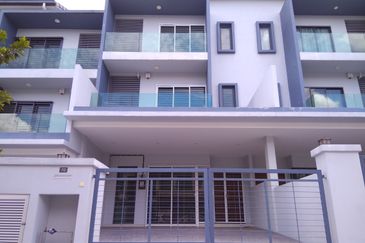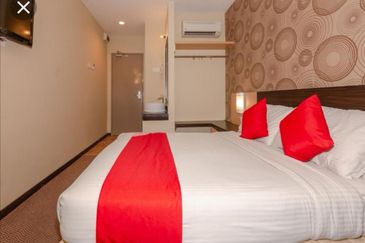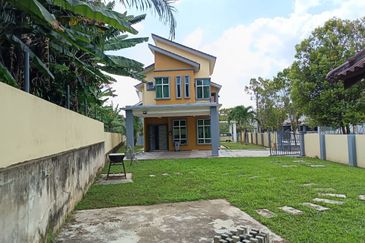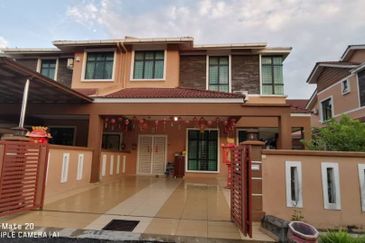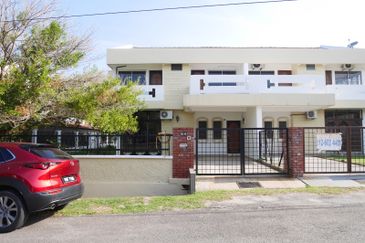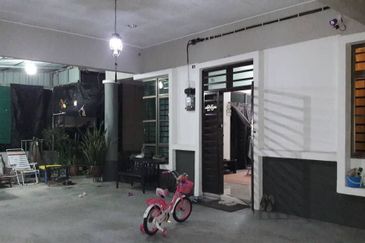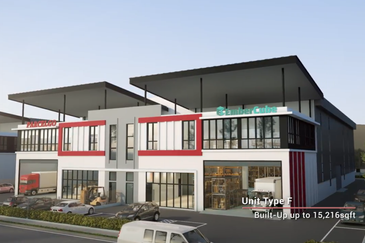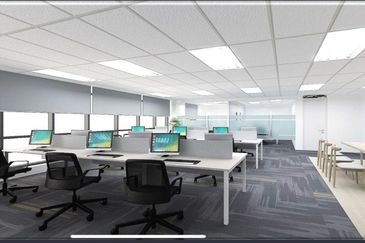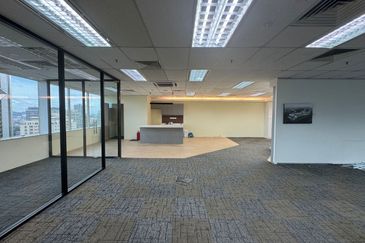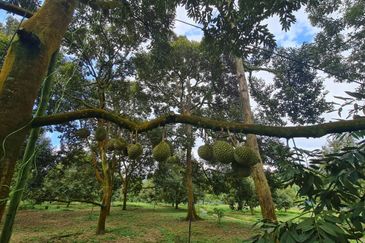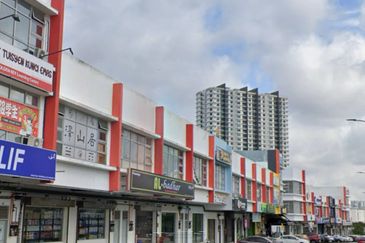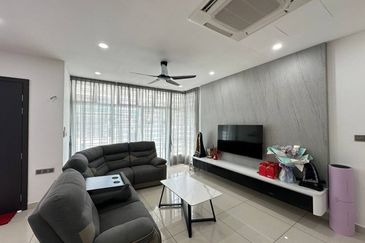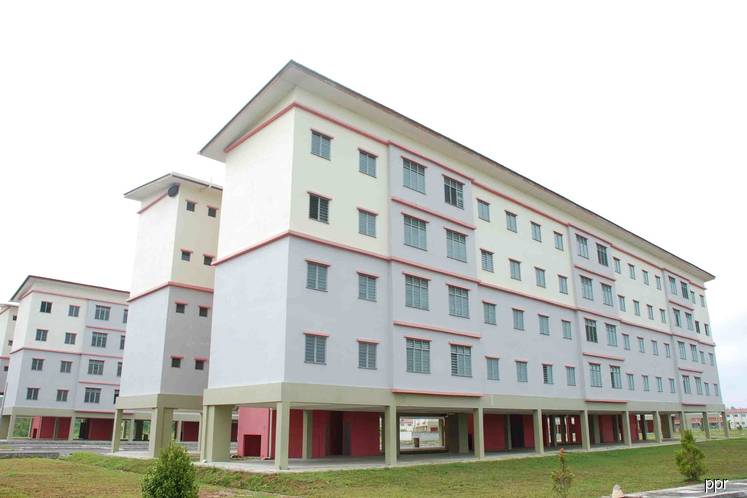
- We crucially need a system to establish the ratio of annual income to house price at 1:3 at the most and not 1:6 as it is now.
Much hope is hung on the National Budget 2023 to resolve the many economic problems brought about by the just-abated Covid-19 pandemic, the current political instability and the inflation spike, among others.
In the National House Buyers Association (HBA)’s view, Budget 2023 needs to make homeownership affordable for the ordinary rakyat to have equity in this country. We have remained stuck in a cycle of middle income year in and year out whilst house prices are rising exponentially within a span of a few months. We crucially need a system to establish the ratio of annual income to house price at 1:3 at the most and not 1:6 as it is now.
It goes beyond affordable housing, which many tend to regard as social housing catered only to the lower-income group. It is re-imagining a system that pushes the construction risk to the developers and not totally to the buyers as per current practice.
On this note, HBA has submitted a detailed proposal to the ministry of finance but we would like to reiterate a few points here:
1. The Build-then-Sell (BTS) 10:90, which is mandatory for the affordable segment, should be extended to houses which are within the price bracket of RM1 million and below to ensure the middle-income earners are similarly protected as the low-income earners.
2. A cap should be set on the profit margin of developers, all professional fees, contractors and sub-contractors, suppliers and sub-suppliers, and all the business entities and persons involved in the construction and sale of a housing project to the tune of not exceeding 20% of the total cost (construction, materials, services and labour; compliance and land conversion) of a project.
3. Source construction materials locally to cut importing inflation and shorten the construction period by developing and expanding local industries and manpower in the production of raw building materials, as well as leverage technology-based construction methods such as (IBS) (industrialised building system) and BIM (building information modelling) software. Both steps will open opportunities for job creations for our rakyat.
4. Reduce unnecessary compliance costs. Utility companies should bear their own construction costs of the last mile. Local authorities should bear the costs of constructing access roads and other common facilities that they are obligated to provide. The practice of imposing such costs on the developer needs to stop immediately as such costs are only passed to the buyers in the form of higher house prices. Premiums for land conversion need to be reduced or given a discount, and for certain affordable segments, should not be not at all.
5. Genuinely address corrupt practices in the industry, be it at the level of the local authority, state authority or federal authority, and remove loopholes that perpetuate and facilitate corrupt practices.
6. Provide tax benefits for developers to encourage lowering of house prices without affecting the quality, liveability, comfort and structural safety.
A system for greater sustainability
There is a need to revamp the system for the sustainability of the industry and fairness to buyers. It extends beyond having the BTS 10:90 or BTS 0:100. We need to start thinking of creating a system and building our capacity so that buyers are able to buy cash or take up short-term repayment loans of between five and 10 years.
There should also be a cap on the interest rate for a personal housing loan (which should be separate from a corporate loan) at 1% for the first home (subsequent purchase can be subjected to market-driven interest rates) as owning a house for the majority of the rakyat means having shelter and stability to lead their lives. Not all rakyat are short-term investors or earn a living by flipping houses.
Islamic loans require a revamp as well. Merely stamping the loan with the word “Islamic” without having the characteristics of fair dealings will not make it Islamic and free of usury or riba. The reason riba is detested in Islamic principles and faith is because it causes hardship. The current practice of Islamic loans is causing hardship. The loan amount plus profit that is required to be repaid is double the original house price, is subjected to fluctuations of the overnight policy rate (OPR), and calling it “base financing rate” is mere window dressing. The long repayment period puts the borrower at the risk of not being able to repay the loan and losing his or her house, which is no different from a conventional loan.
Islamic housing loans cannot claim profit by imposing double the amount of the actual price. This is excessive profit, which is tantamount to usury or riba. Islamic loans should also not be affected by changes to the OPR because the basis of an Islamic loan in housing is to assist the borrower to have shelter and not to overly burden the borrower with death-defying repayment periods.
Changes to insurance premiums on the housing loan should not be introduced in the middle of a pandemic or any other disaster as what was allowed in 2020 and 2021. The argument is that the coverage is widened but these unilateral changes affect the cash flow of consumers, who generally do not draw any claim but are made to cough up extra cash for the hiked-up premiums during a period of hardship.
Also not to be overlooked is the current woes in the strata developments. We need better administration and solutions for this through the Strata Management Act.
This article is jointly written by a National House Buyers Association (HBA) author volunteer with legal background and some knowledge of Syariah principles, and by Datuk Chang Kim Loong, Hon Sec-Gen of HBA.
HBA could be contacted at: Email: [email protected] Tel: 012 3345676
TOP PICKS BY EDGEPROP

Amber Residence @ twentyfive.7
Kota Kemuning, Selangor
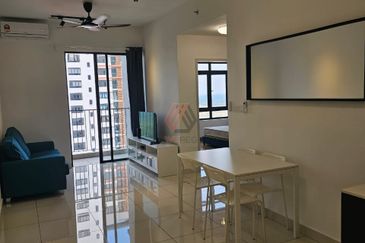
Amber Residence @ twentyfive.7
Kota Kemuning, Selangor

Amber Residence @ twentyfive.7
Kota Kemuning, Selangor
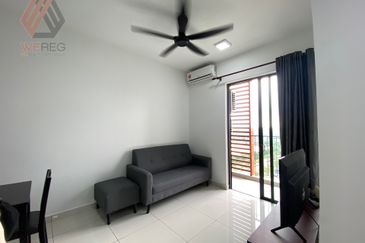
Amber Residence @ twentyfive.7
Kota Kemuning, Selangor
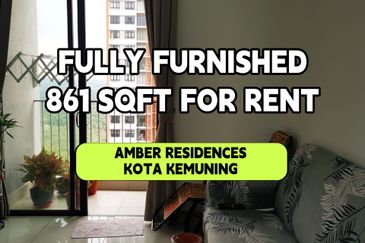
Amber Residence @ twentyfive.7
Kota Kemuning, Selangor
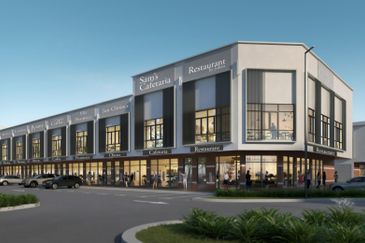
Galaxy Avenue Puncak Alam
Shah Alam, Selangor

Amber Residence @ twentyfive.7
Kota Kemuning, Selangor
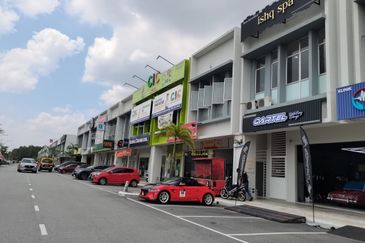
Park Place 1 Commercial Centre
Cybersouth, Selangor


